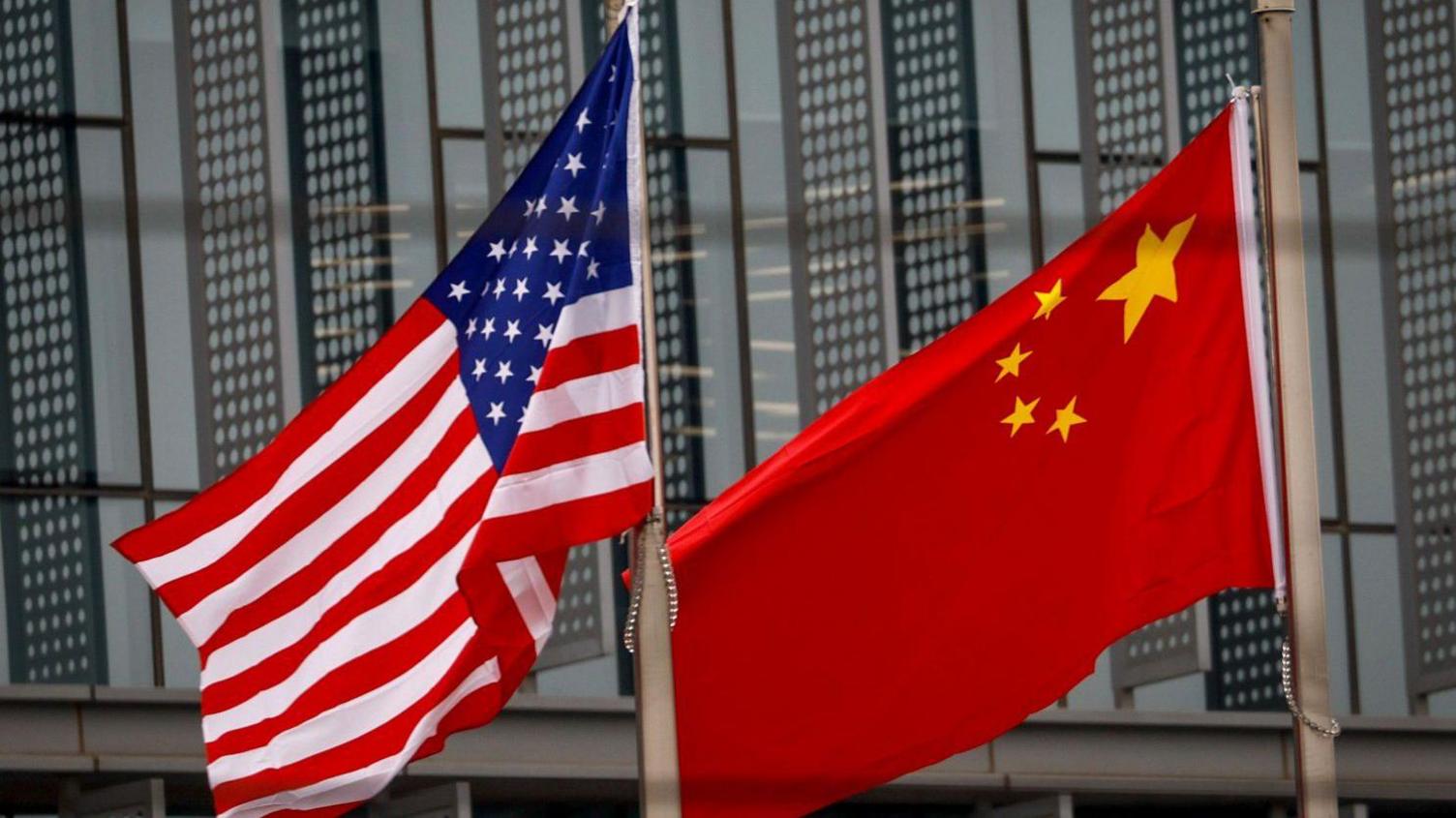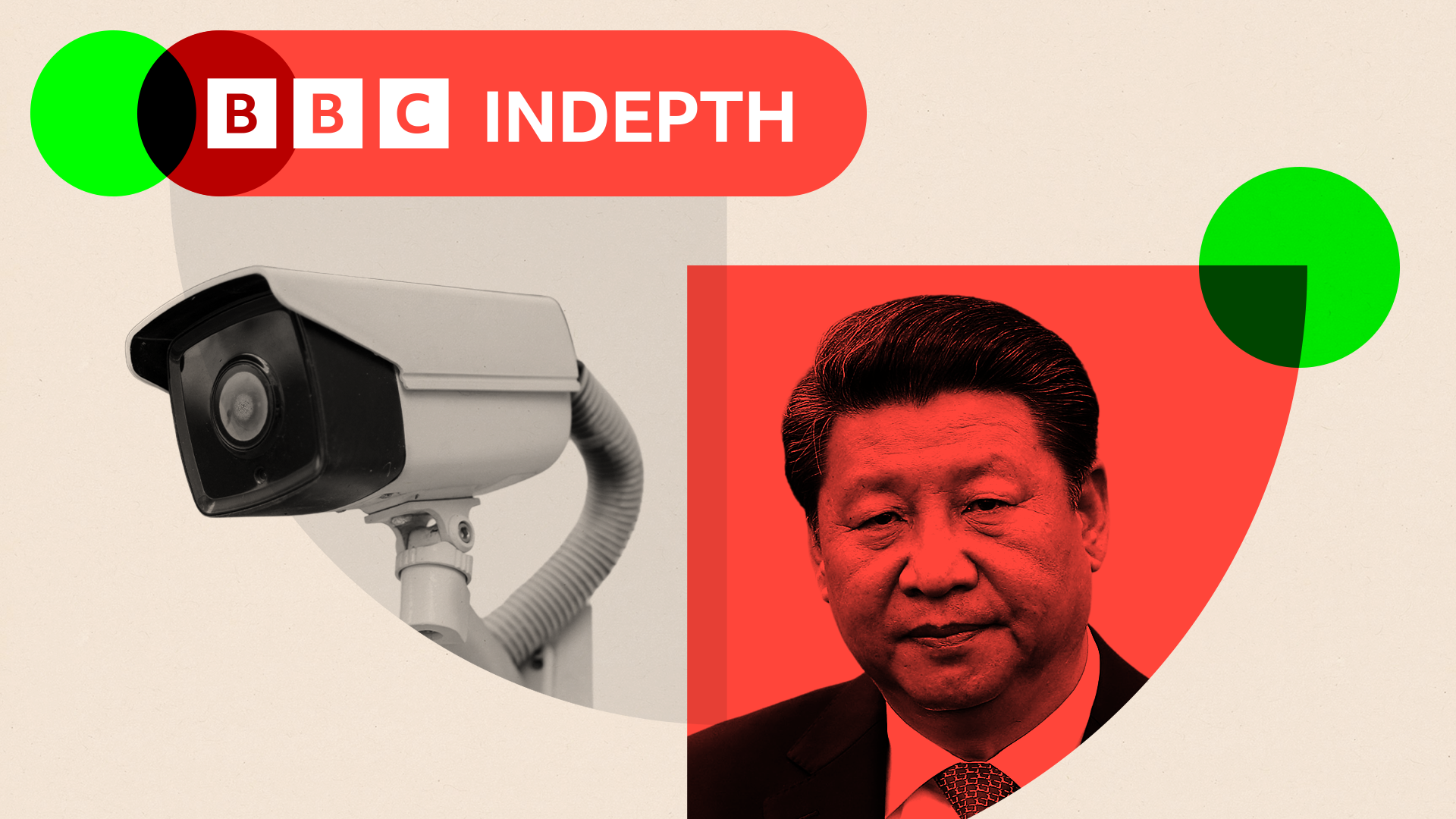US charges Chinese dissident with allegedly spying for Beijing

- Published
US prosecutors have filed criminal charges against a Chinese dissident living in the US, accusing him of being an agent of Beijing's intelligence service.
Yuanjun Tang, 67, was arrested on Wednesday in the New York City, the US department of justice (DOJ) said in a statement.
He is alleged to have spied on US-based Chinese democracy activists and dissidents.
Mr Tang, now a naturalised US citizen, is also accused of making false statements to the FBI.
The BBC could not immediately identify a lawyer for Mr Tang.
In Wednesday's statement, the DOJ said Mr Tang "was charged by criminal complaint with acting and conspiring to act in the United States as an unregistered agent of the People’s Republic of China (PRC) and making materially false statements to the FBI".
It also alleged that between 2018 and 2023 he acted as China's agent on the orders of the country's ministry of state security (MSS) - China's principal civilian intelligence agency.
Mr Tang is accused of regularly receiving instructions via email, encrypted chats and other means of communications from the agency.
It is also alleged that he "regularly received instructions from and reported to an MSS intelligence officer regarding individuals and groups viewed by the PRC as potentially adverse to the PRC’s interests, including prominent US-based Chinese democracy activists and dissidents."
"He also travelled at least three times for face-to-face meetings with MSS intelligence officers and helped the MSS infiltrate a group chat on an encrypted messaging application used by numerous PRC dissidents and pro-democracy activists to communicate about pro-democracy issues and express criticism of the PRC government," the DOJ alleges.
He apparently agreed to work for China's intelligence agency in a bid to see his family living in mainland China, according to CBS, the BBC's US news partner, which cites US prosecutors.
According to court documents, Mr Tang was imprisoned in China for opposing the Chinese government.
He protested against the Chinese Communist Party during the 1989 Tiananmen Square demonstrations, CBS reports.
In about 2002, he managed to defect to Taiwan, and was later granted political asylum in the US, the DOJ said.
- Published15 May 2024
